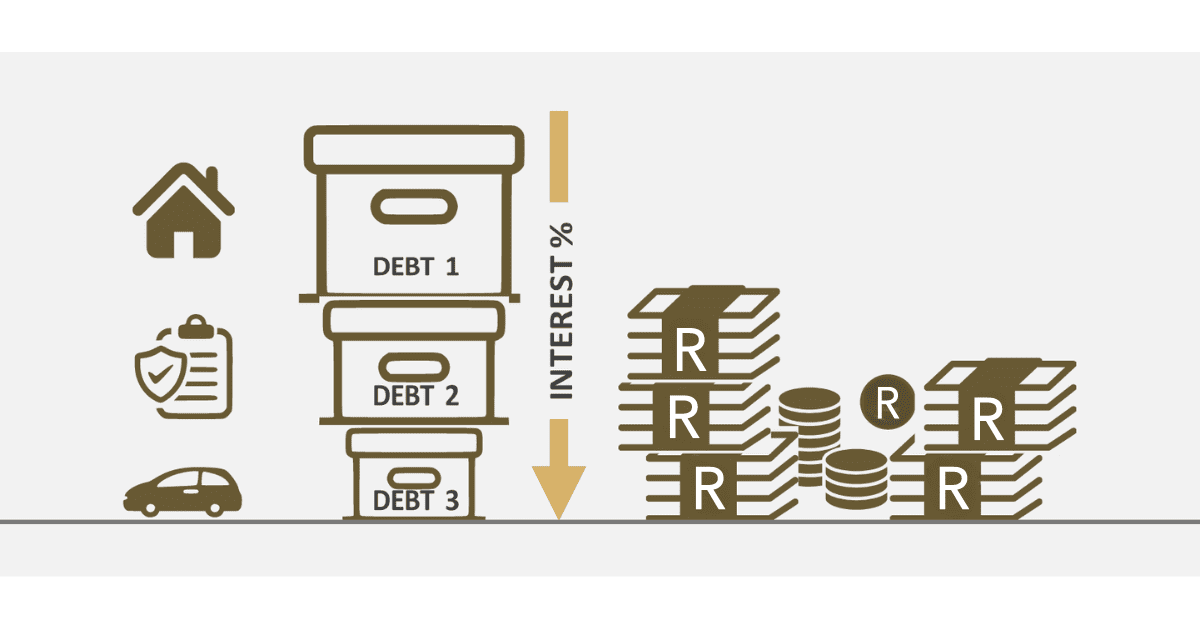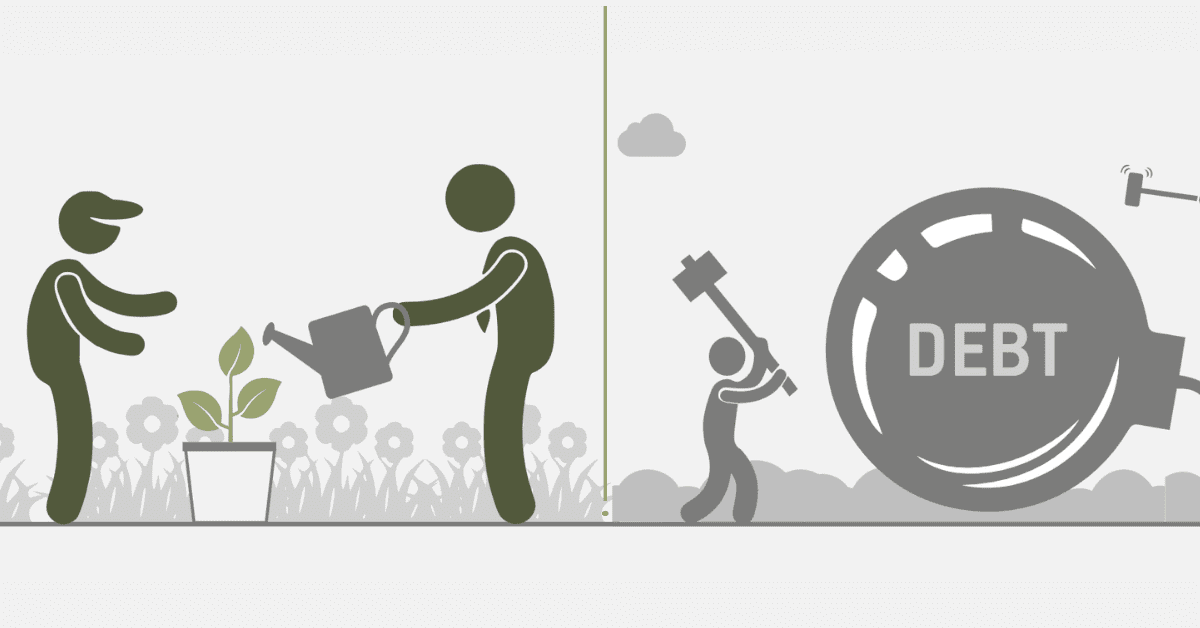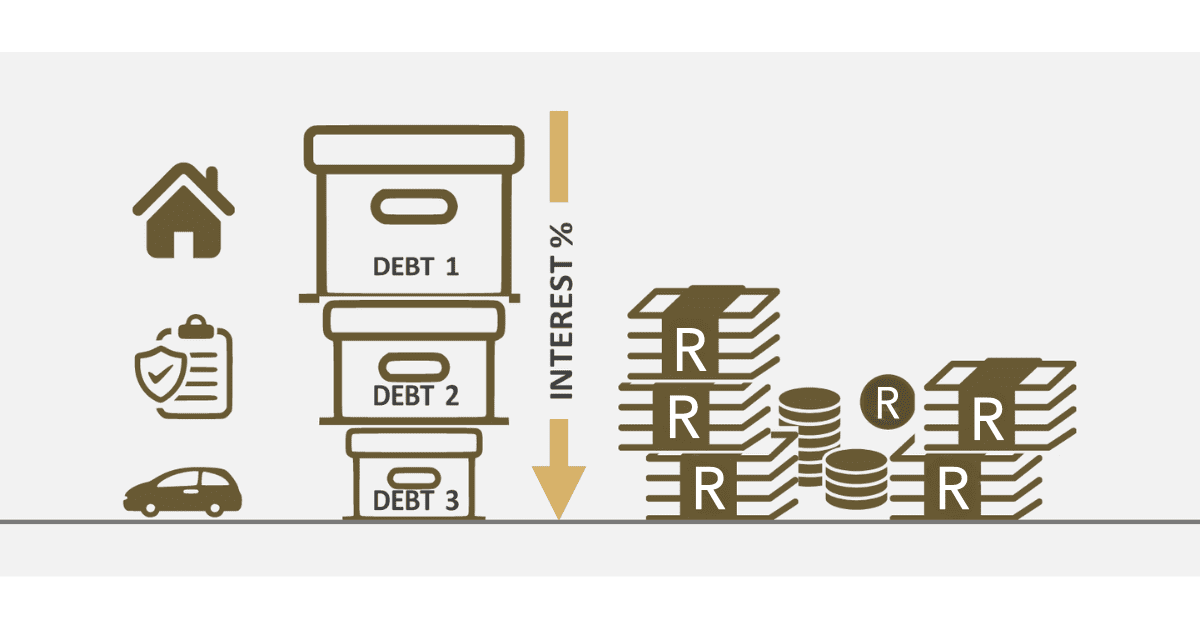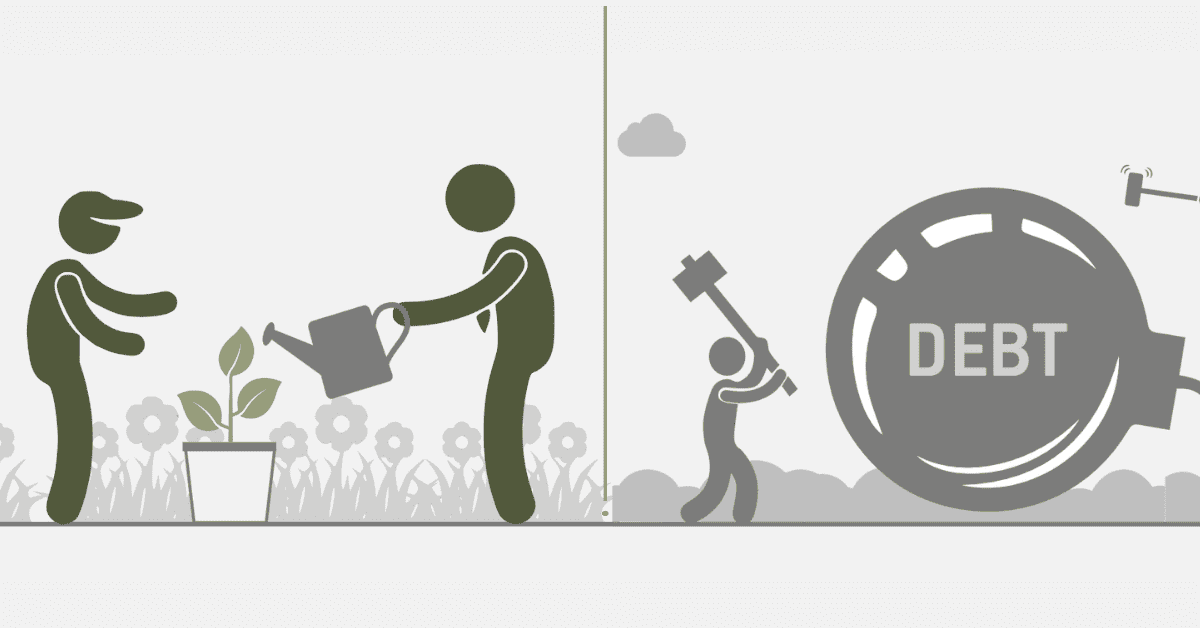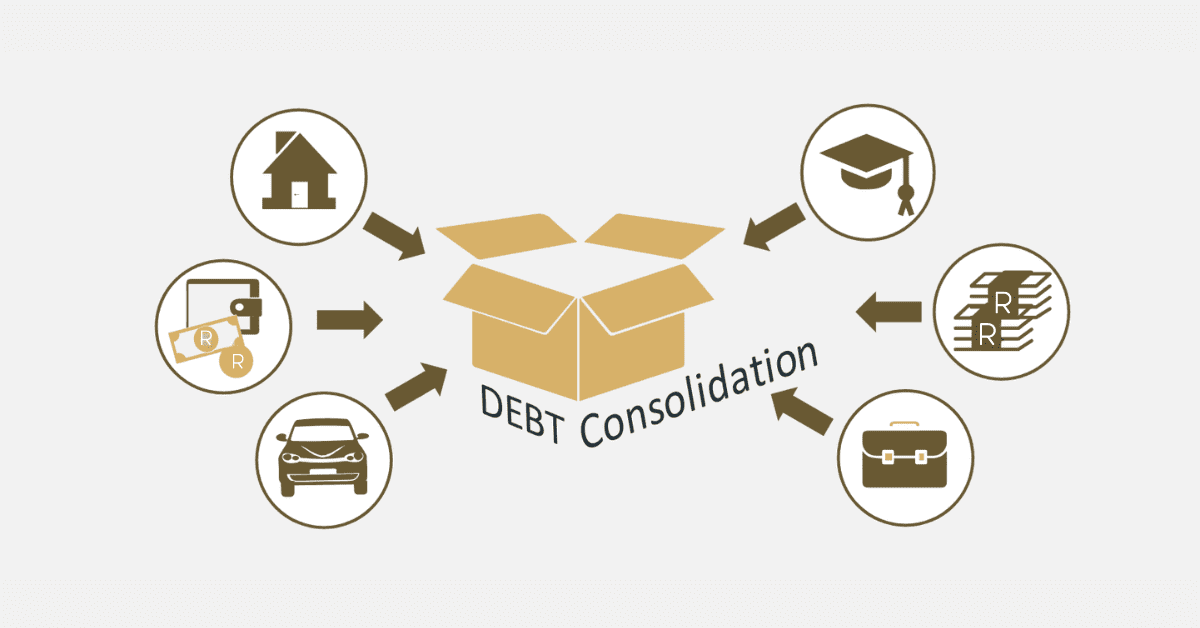No individual can avoid death. However, while it marks one’s end, that does not mean the termination of one’s financial obligations. So, what happens to your debt when you die is significant for effective estate planning in South Africa. This ensures that at an already painful moment of death, extra hassle or fuss related to finances is not inflicted on your loved ones. This article considers what happens after someone passes on with loans in South Africa. It outlines the processes involved and the responsibilities and obligations regarding the law.
What Happens to Debts When One Dies?
Passing away does not erase a person’s credit. All assets and liabilities are transferred to what is referred to as a deceased estate, managed by an appointed executor responsible for settling all the debts before disposing of the remaining assets to heirs according to whatever was stipulated in the deceased’s will. The process of probate is governed by the Administration of Estates Act 66 of 1965, whereby an executor is appointed to open the estate with the High Court Master; the debts are paid from the estate. In case of insolvency of the estate, assets are sold off to pay the debts, and then the heirs are left with very little to inherit. Therefore, the estate’s solvency, the type of debt, and what the will has provided are instrumental in determining how debts shall be managed.
What Debts Are Forgiven at Death?
In South Africa, obligations are not automatically canceled when a person dies. Their treatment depends on whether the debt is secured or unsecured. Specific asset links exist concerning secured loans. This refers to home loans and vehicle financing. If the estate cannot pay for these particular arrears, then, of course, creditors may repossess them and sell them. Unsecured credit has no collateral. These include credit card debt and personal loans. These are generally discharged when the estate has insufficient money to pay off all the unsecured arrears. Unless beneficiaries had cosigned or guaranteed such debts, they would not be held liable. It is, thus, essential that you familiarize yourself with your loans. Also, plan accordingly so your estate does not incur undue hardships on the surviving heirs.
Am I Held Accountable for My Parent’s Loans?
Generally, in South Africa, you are not liable. Only the deceased’s estate is responsible, and the outstanding loans must be cleared. However, there may be some exceptions. In the case of cosigning a credit or being a joint account holder, you will be liable for the remaining figure. Furthermore, being married in a community of property means you share all assets and liabilities with your spouse—that puts you liable for their arrears. Therefore, try to clarify these dispositions and protect yourself in advance by contracting life insurance or drafting trusts that may save your skin from further financial burdens.
Who Pays a Deceased Person’s Credit Card Loan?
Not that this is an unsecured credit. Therefore, the deceased’s estate must clear it. The executor will deal with the question of payment of such arrears from the assets available in the estate. If the estate has enough money to cover the credit, it will be paid before distribution to the heirs.
However, when the estate has insufficient money to pay for all its arrears, credit card debt is usually forgiven, and creditors cannot sue heirs for the amount. Well, unless a wife or husband was an authorized user on the credit card account or cosigned for the loan, they could be held liable. For this reason, the executor of the estate has serious business in handling these liabilities properly.
Can Creditors Go After Family Members?
Generally, the creditors cannot collect the deceased’s debts from family members unless they cosigned or guaranteed the debts. All outstanding liabilities must be settled from the estate. However, here are some situations where family members could also be affected. For example, when you are married in a community of property, you and your spouse share all loans and assets; therefore, you will be liable for the arrears of your partner.
Moreover, creditors harass the heirs to liquidate their inheritance to repay credits; however, unless there is a direct obligation, heirs are legally not required to use their own money in settling the deceased’s arrears. Such risks can be reduced by proper estate planning, including clear expectations of obligations and protections for loved ones.
Estate Planning and Debt Management
Effective estate planning is indispensable when managing debts and protecting loved ones in case of death. A will, life insurance, and trusts are critical basic steps. This can be attained by making a will that distributes one’s assets according to one’s desires, purchasing life insurance to compensate outstanding debts, and establishing trusts to take care of the person’s assets and provisions truthfully for the person one cares about without having them go through probate.
In addition, designating a capable executor and preparing an up-to-date list of assets and liabilities may help with the probate process. By planning, you can reduce financial and administrative burdens on your family, allowing for a much smoother transition at a time when they are dealing with so much already.
